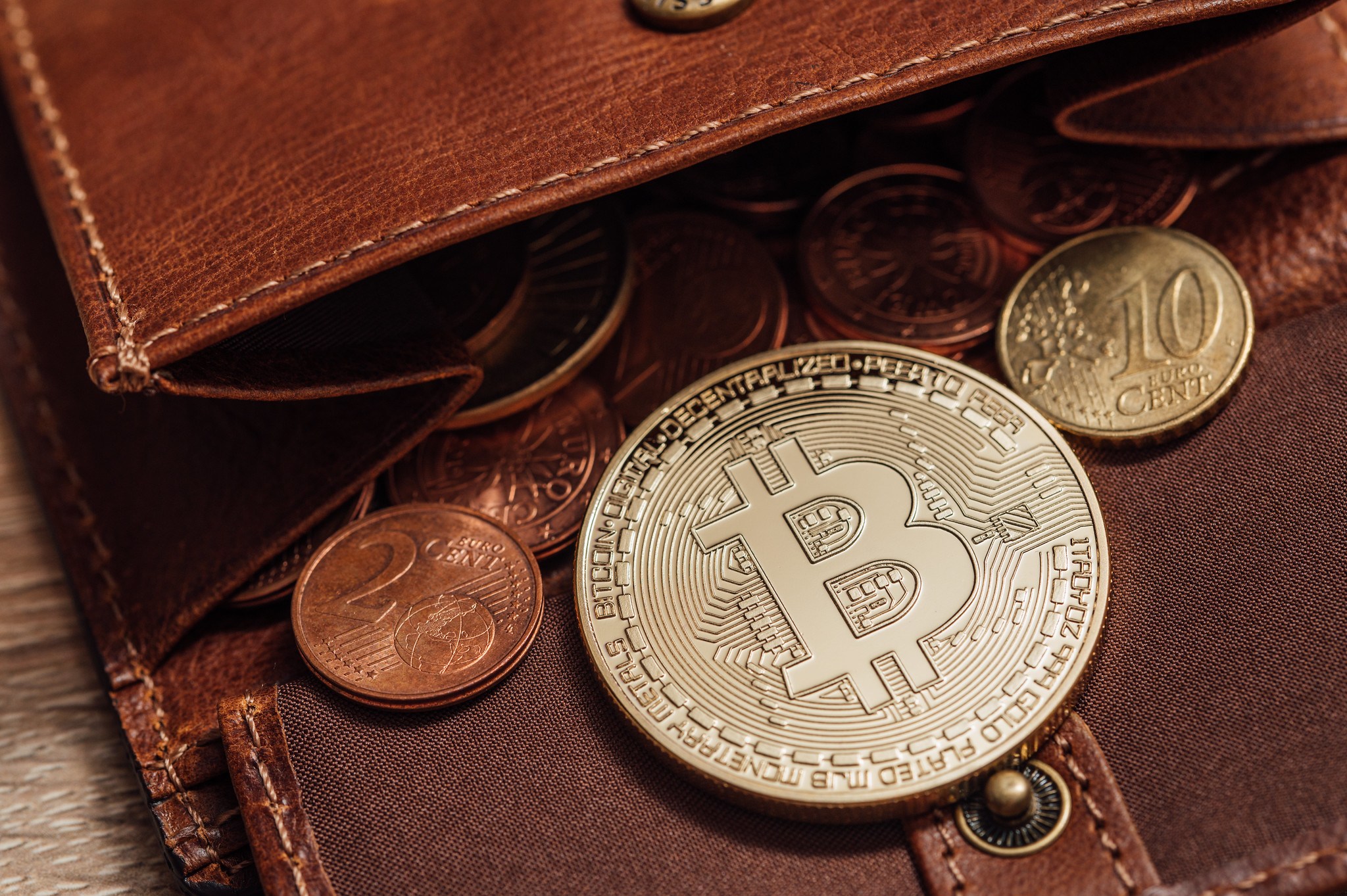Henri de Saint-Simon (1760-1825), a French intellectual, was one of the founding fathers of socialism. Saint-Simon wanted to forge a “scientific understanding of society” which he would use to eliminate poverty and inequality by centrally planning the economy through the Parisian Banking Houses.
In this article, I argue that Ben Bernanke—along with his other two musketeers, Hank Paulson and Timothy Geithner—are Saint-Simonians par excellence, expressed particularly fervently in their views towards the financial system during and after the Great Financial Crisis. In the following article, we shall look at Bernanke’s The Courage to Act and Bernanke, Paulson, and Geithner’s Firefighting. If the conventional prescription to the Great Financial Crisis could be boiled down to a single word, it would be control.
The case of the shadow banks is paradigmatic. It is true that shadow banks were less regulated than commercial banks. And it is this very reason as to why they were so easily blamed for the crisis. They were just acting more freely than those financial institutions that were heavily regulated and under guarantee by the government. When the freer market (the shadow banks) functioned by stopping the supply of money—or liquidity—to firms that had taken heavy losses on their subprime positions, hence had very high credit risk, they went bankrupt, and the crisis began.
But we are being myopic if we so quickly blame the pulling of credit by the shadow banking system as the cause for the panic. Nevertheless, as Johnson and Santor write, the conventional view, then, is that,
…it is clear that central banks need to continue to ensure that core funding markets remain functional at all times. This means that central banks should…assume a key role in core funding markets in times of severe financial stress.
This is a classic case of Mises’s and Hayek’s insight that prior intervention makes necessary more intervention, unless the intervener is willing to give up the initial intervention. In other words, shadow banks had to come under tighter regulation and join the commercial banks under the watchful yoke of the state. Indeed, they did.
The trio start by claiming the crisis was caused because the government let businesses do things, as they write: “the government let major financial institutions take on too much risky leverage without insisting that they retain enough capital” (Firefighting, ch. 1). The trio are not wrong that the financial system was over-leveraged, but there are simple reasons as to why this was the case (e.g., excessively cheap credit and faulty “scientific,” “quantitative” risk models, etc.). The trio claims that the government, if it just increased its control, could have avoided the crisis entirely. Moreover, the use of the phrase “let” is particularly concerning. It reduces entrepreneurs to children that need to be ordered around. This is a quintessential Saint-Simonian reversal of the truth: the natural order of free exchange is supposedly disorderly, and the solution to such disorder is found in the iron—as opposed to the “invisible”—hand of the enlightened state.
During the crisis, Bernanke recalls how he was dismayed with prices on the markets. He asserts that the “fire-sale price (of assets) may be much less than the hold-to-maturity price,” (Courage, p. 315) suggesting, as he continues elsewhere, that prices fell to “artificially low levels” (p. 264). To posit, as Bernanke does, that prices were “artificial” because “financial institutions … were actively dumping MBS on the market—pushing up mortgage rates,” (p. 372) and to decry this as a problem requiring intervention, is to misunderstand the market’s corrective mechanism.
Bernanke was troubled that the prices of mortgages were rising. But that is exactly what needed to happen. They were way out of whack, and the US economy production structure was distorted. Indeed, in 2005, nearly 1.3 million new houses were sold, fully double the levels seen in the 1990s. Prices must change to reallocate resources; to freeze or further distort them by intervention is to perpetuate the discoordination. Prices are never arbitrary. True, they may be distorted, but even if they are distorted, they remain the best signals of underlying economic realities, especially when the market is attempting to clear the prior distortion in the pricing mechanism by correcting the imbalance in relative prices. Prices during the GFC merely reflected the dispersed knowledge and judgments of countless actors, and their violent and erratic reversals were merely the market undergoing the Misesian counter-movements to clear the distortion in relative prices.
Indeed, as Norbert Michel shows in his book, the credit markets never entirely “froze.” Those firms who could raise liquidity and capital did do so. Those who couldn’t—because they had taken so many losses—couldn’t, they therefore failed (or were bailed out). Those assets that had positive risk-adjusted value continued to trade. Those that didn’t, didn’t.
The trio contend (Firefighting, ch. 3) that “the U.S. government still had no way to inject capital into a struggling firm, buy its assets, or guarantee its liabilities,” and that “if we had started the crisis with that authority…we could have acted more forcefully, more swiftly, and more comprehensively” (Firefighting, conclusion). Again, we see the implicit point: if we had just had more power earlier, we could have prevented the crisis. But a musing of the evidence finds that, even in 2007 and 2008, when the crisis had already begun and the chaos of late 2008 was staring at them in the face, Bernanke declared—and believed—that “the impact on the broader economy and financial markets of the problems in the subprime market seems likely to be contained” (Courage, p. 135). Indeed, the Bernanke Fed even thought about raising interest rates in 2008 to quell inflation! They had no idea what was going on. Nevertheless, taking Bernanke’s revisionist history at face value, we find the Saint-Simonian ideal in full bloom: the belief that problems can be pre-empted and/or ironed out only if the state had more power over the economy.
Bernanke’s justification for his approach is telling: “It was in everyone’s interest, whether or not they realized it, (for the Fed) to protect the economy from the consequences of a catastrophic failure of the financial system” (Courage, p. 261). Like Saint-Simon, who presumed to know what was good for all the people better than they knew it themselves, the trio dismissed the market’s decentralized wisdom in favor of their own. He writes that “the Fed had pushed the limits of its powers, and the ad hoc rescue had exposed the inadequacy of those powers,” (Firefighting, ch. 3), yet, rather than question the premise of intervention, the trio plead for more: “the next time a financial fire breaks out, America may well wish it had a better-prepared firehouse with better-equipped firefighters” (Firefighting, conclusion).
The metaphor highlights the hubris—crises are not “fires” to be extinguished by a heroic state, but symptoms of prior distortions that only the market can unwind. Taking his fatal conceit even further, and into the realm of the political, Bernanke goes so far to say (with much irony) that,
…the far right…blamed the crisis on the Fed… They condemned bailouts as giveaways of taxpayer money… They saw inflation where it did not exist and, when the official data did not bear out their predictions, invoked conspiracy theories. They denied that monetary or fiscal policy could support job growth… They advocated discredited monetary systems, like the gold standard. (Courage, pp. 432-433)
The irony is that the Nazi Party and Mussolini’s Italy banned gold ownership, centralized the banking system, inflated the currency, and so on. To be against massive government intervention into the economy is perhaps the single biggest “anti-fascist” position one can take. Nevertheless, as it is in our age, Bernanke reached for the easy slander of labeling anything he disagrees with as “far right.” Not only are those of us who are free marketeers and detractors of multi-trillion-dollar bailouts supposedly Hitler and Mussolini reincarnated, Bernanke also deems us wholly “uninformed” (p. 536). According to Bernanke, the financial system and the economy is all too “complex” (p. 536) for anyone but those working at the US government to understand. Many libertarians—deep in philosophical, ethical, economic and historical knowledge—are caricatured as “uninformed Nazis” by the former Chairman of the Federal Reserve. What a strange world we live in.
The trio covers a lot of ground to justify their massive interventions and request for more powers by saying that “the world will face the threat of financial crises…as long as humans remain human” (Firefighting, ch. 1). It is human nature itself that is the problem. It is human nature that necessitates a controlling hand. As Hayek elucidates so clearly in many of his works, order arises not from the imposition of a single will, from the spontaneous interplay of free individuals. The trio’s call for massive intervention—the “whatever-it-takes attitude (that) drove almost everything we did” (ch. 4)—is not a solution but a perpetuation of the problem.
The Austrian lens reveals that the Global Financial Crisis was not a failure of economic freedom, but of the interventions that preceded it. To undergo an escalation in intervention and centralized power, as Bernanke urges, curtails liberty and hence order. Indeed, Hayek’s dashing insight that the means that socialists must adopt in order to keep their system from failing must escalate into utilizing means they originally did not want to use is highly pertinent here. The “whatever it takes” attitude should worry everyone who values freedom. The following statement from the trio should worry everyone even further: “we would do it even if we didn’t like it” (ch. 4). As the Fed—as well as other global central banks—take an even more dominant position in the economy, the markets will act ever more “unusual.” We are dismayed, then, to find that Hank Paulson said the Fed’s and US government’s actions are “unusual” (Firefighting, ch. 2) but the justification for the unprecedented and “unusual” set of policies adopted comes from the fact that “so are market conditions” (ch. 2).
To conclude here, fusing all the above points together, we find that increased intervention leads to an even distortion of reality—and hence more unusual—financial systems, which will give rise to even more unusual and powerful policies which they will carry out “even if (they don’t) like it.” As always, all eyes on the Fed.




























